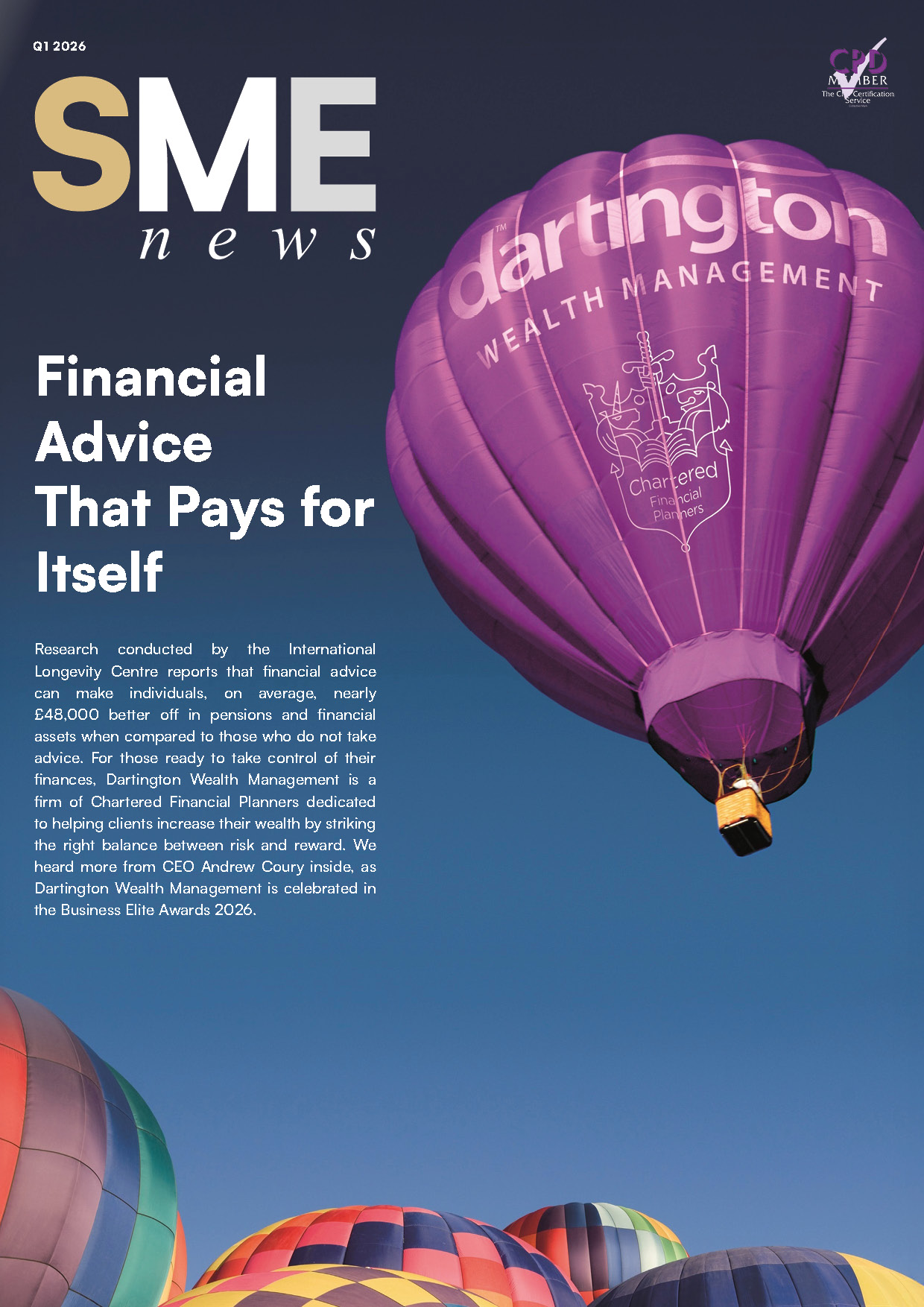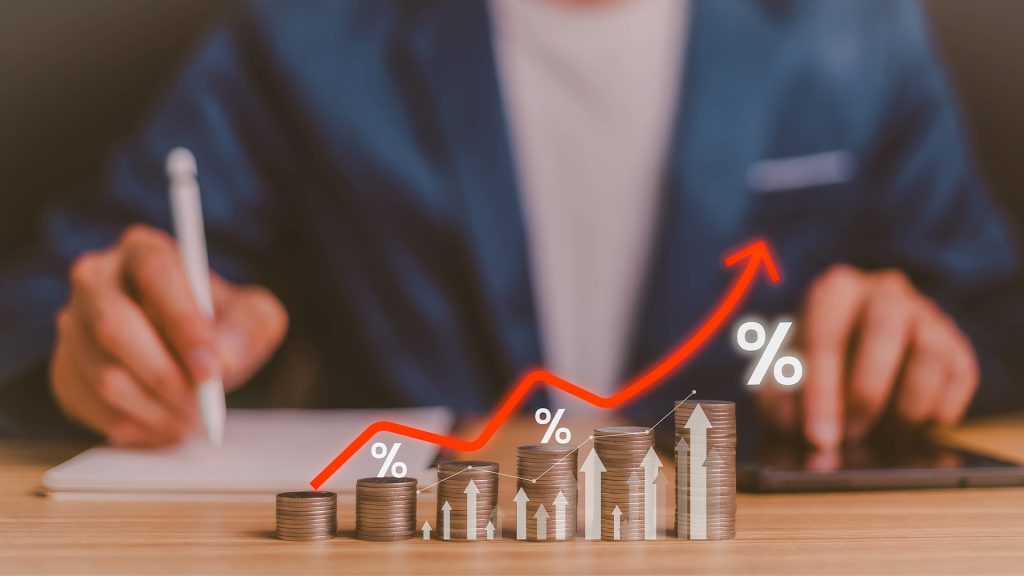
By Laura Harnett, Founder of Seep
It’s no secret that many household items are bad for the environment. The household heroes that we’re all familiar with, like sponges and bin liners, may be cheap to buy – but can have a high cost for the planet. Over one billion cleaning tools are thrown away globally every single year. That’s why I created Seep, a plastic-free and biodegradable household green cleaning range which generates an annual £1M in revenue and has 80-90% year YoY growth. We’ve since raised £750k in seed funding and leveraged our Amazon store to help disrupt the household cleaning category. At Seep, we’re on a mission to show that by opting for greener alternatives, we can reduce our dependence on fossil gules, curb microplastic pollution and diminish plastic waste.
A founder in my forties
I’m not what I used to think was a typical founder profile, but anyone can begin their entrepreneurial journey at any age. I’ve spent the last 20 years working for large consumer brands and retailers, but didn’t dare to become a founder. I took the more typical route of leaving university, finding a stable job and working my way up in various organisations.
However, I faced a turning point five years ago where I had to slow down. I was diagnosed and treated for breast cancer. It was undoubtedly a challenging part of my life, but it served as a chance to reflect and figure out what I really wanted to do. I spotted an opportunity and just lost the fear. I knew I wanted to build something that I was truly passionate about – and that makes a difference.
Find a gap in the market
The biggest reason new businesses fail is because there’s no need for that product or service. The number one thing you need to do is find a gap in the market. My ‘aha’ moment for Seep came when doing my local supermarket shop. When I do my weekly shop, I always try to choose products that are friendly to the planet and that are organic or recycled.
In the cleaning aisle, it’s easier to find eco brands when it comes to products like detergent, but household essentials such as bin liners and sponges haven’t changed in years. Sponges are made of plastic and are only used a handful of times before releasing microplastics down the sink and ending up in the bin, where they will either be burnt in an incinerator or end up in landfill. I knew I had to create a better range of products that don’t harm the environment, so Seep was created in 2020.
Cleaning up the way we clean up
At Seep, we want to stop 1 billion plastic cleaning tools from entering landfill by 2030, so all of our messaging revolves around this one mission. Our mantra is ‘Do no harm’. Whatever we’re using to create our products should leave no trace behind. At the end of our sponge’s life, you can cut them up, and put them on top of your compost heap, and they should break down in a compost heap in less than three months. I’m proud to say that we’re a B Corp and Seep was recognised as one of the ‘Best for the World’ B Corps in 2022.
Leveraging Amazon to export
We’re available at Whole Foods Market, Selfridges, Booths and Zapp, as well as at National Trust and Oxfam shops, but e-commerce is a vital part of our strategy – and that’s where Amazon comes in. It’s a straightforward and scalable way to get your business in front of customers and sell your products.
We joined Amazon in 2022 to grow and expand the brand, and it’s been great at also getting unfiltered feedback from our customers. Amazon sales make up a third of our business and we wouldn’t have reached the million mark without it. Amazon has also made it easier to test new markets, as we don’t have the distribution to do it ourselves, we’ve started doing this with the EU. It’s also how we plan to expand to the U.S. and North America in the future. Additionally, we’re one of ten brands across Europe that were selected for the Amazon Sustainability Accelerator, which has helped with practical business support and put us in front of investors.
Our commitment to sustainability and innovation has propelled Seep to significant growth, demonstrating that there’s a burgeoning market for environmentally conscious products. As we continue to expand our reach through strategic partnerships, product development and leveraging Amazon, we hope to continue inspiring positive change in the way we clean our homes, leaving behind a cleaner, greener planet for future generations.







